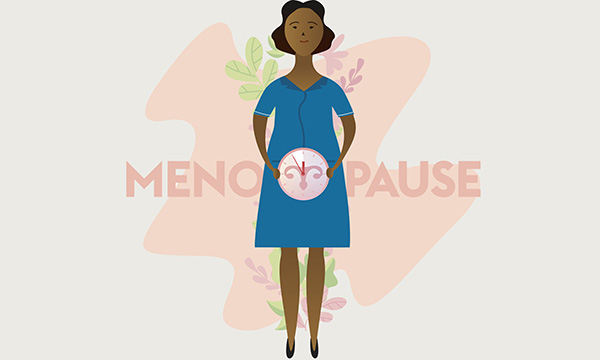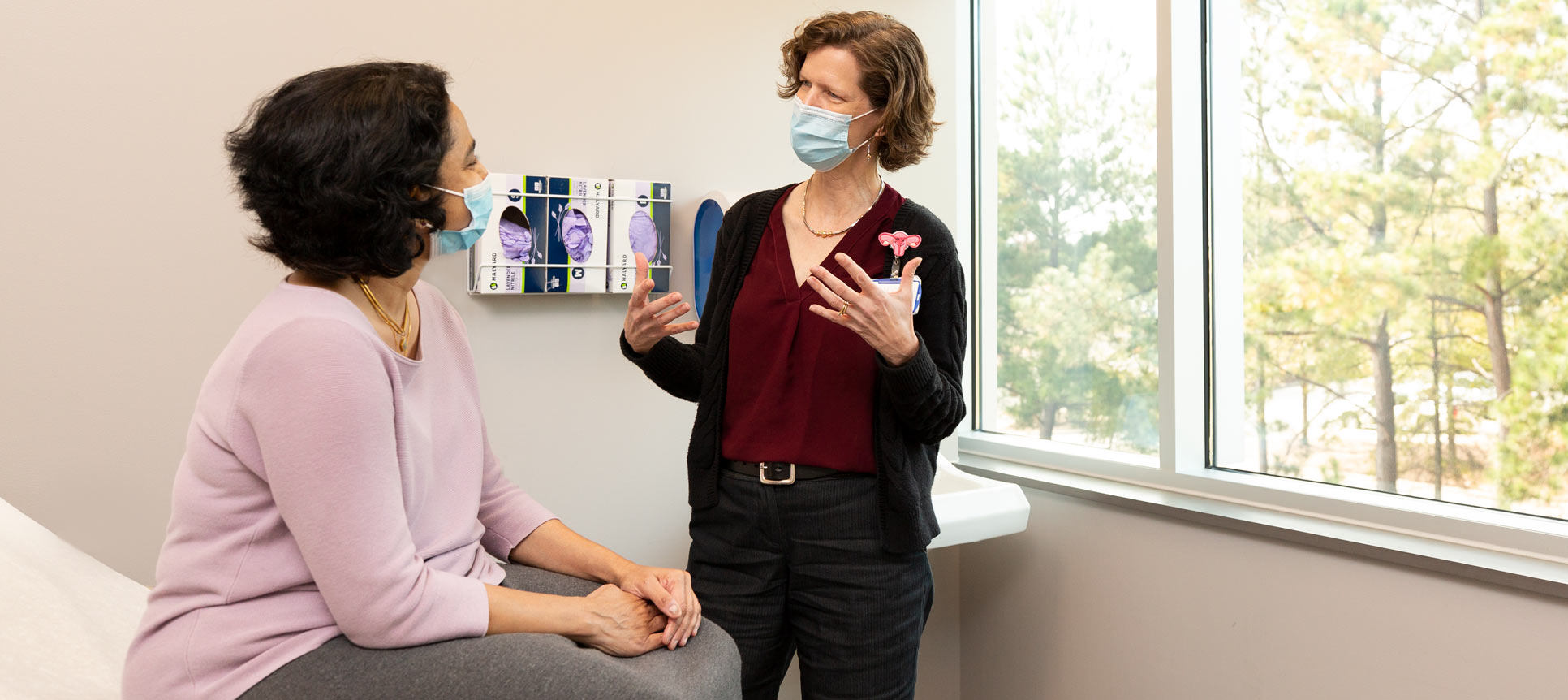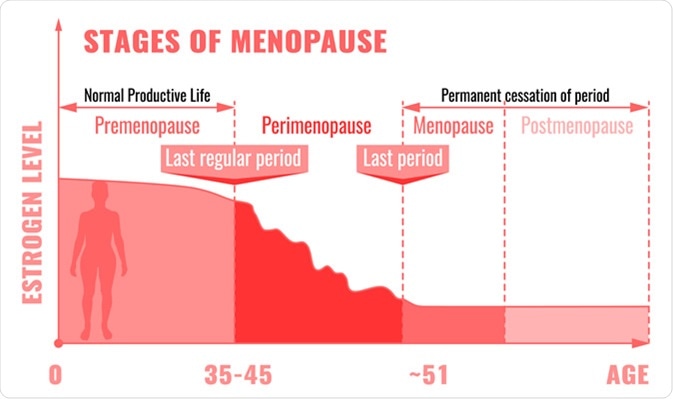


Menopause is a natural part of a woman’s life cycle. You can’t prevent menopause, but you can manage many common symptoms and prevent possible complications. It’s essential to make healthy lifestyle choices.
For example:
1)Eat a healthy diet
2)Exercise regularly
3)Get enough sleep
4)Maintain your bone strength
5)Manage your blood pressure
Eat a healthful diet: During this period of your life, your levels of estrogen drop significantly.
This may make you vulnerable to weight gain, especially in your midsection. Increased belly
fat is associated with increased risks of heart disease and other life-threatening diseases.
To help prevent weight gain, pay attention to hunger cues. Only eat when you feel physically
hungry and choose healthy foods. For example, enjoy a wide variety of fruits and vegetables,
choose whole-grain options over refined, and opt for lean sources of protein. Limit saturated
fats and trans fats, added sugars, and sodium in your diet. On top of helping you maintain a
healthy weight, avoiding processed and sugar-rich foods may help you reduce mood swings
and maintain stable blood glucose levels.Your doctor may also recommend taking certain
vitamin or mineral supplements, if you’re not getting enough of those nutrients already.
For example, the National Institutes of Health (NIH) advises adults between the ages of
19 and 70 to get 600 international units (IUs) of vitamin D per day.The NIH also encourages
adult women up to the age of 50 to get 1,000 mg of calcium per day and women between the
ages of 51 and 70 to get 1,200 mg of calcium daily. Ask your doctor if supplements may
be a good choice for you.

Exercise regularly: Getting regular physical activity is important at any age, but it may offer extra perks during menopause. It can help you relieve hot flashes, regulate your mood, and manage your weight. For most healthy adults up to the age of 65, the Centers for Disease Control and Prevention (CDC) recommends getting at least 150 minutes of moderate-intensity aerobic activity each week. The CDC also recommends doing at least two strength training sessions per week. Strength training exercises, such as lifting weights or yoga, can help increase your bone strength. This can help prevent the loss of bone density that often accompanies menopause.

:max_bytes(150000):strip_icc()/coping-with-menopausal-symptoms-2322672-v1-79d2b661039245bfbfec9f79c78d0fb1.jpg)

Get enough sleep: Altered sleep patterns are a common symptom of menopause. Changes in your hormone levels can also leave you more fatigued than usual. That’s why it’s so important to practice good sleep habits so you can get enough high-quality sleep at night. The CDC encourages adults to get 7 to 8 hours of sleep each night. Exercising during the day, avoiding caffeine in the evening, and following a regular sleep schedule may help you fall and stay asleep more easily. Practicing relaxation strategies, such as deep breathing, progressive muscle relaxation, or meditation, may also help.
Maintain your bone strength:Estrogen plays a key role in building new bone. As your estrogen levels drop during menopause, so can your bone density. In fact, bone density often drops at a fast rate during the first few years of menopause. As a result, your risk of bone fractures increases significantly.
To help maintain the strength of your bones:
1)Eat foods that are rich in calcium and vitamin D
2)Practice strength training exercises, such as weight lifting or yoga
3)Learn to exercise in safe ways to help prevent bone fractures and other injuries
4)Take steps to prevent falls, for example, by installing hand rails on stairways
Watch your blood pressure : Your risk of cardiovascular diseases, including high
blood pressure, increases when your estrogen production declines during menopause.
To monitor your blood pressure, get it checked regularly.
You can’t prevent menopause. But you can take steps to enjoy good health into your later years. To help treat some of the
symptoms of menopause and prevent possible complications, practice healthy habits.
Maintain a healthy weight, eat a well-balanced diet, and exercise regularly. Take steps to enjoy high-quality sleep, maintain
good bone strength, and monitor your blood pressure levels.
Taking good care of yourself is key to enjoying an active and healthy life in your menopausal and post-menopausal years.

 She
Care
She
Care